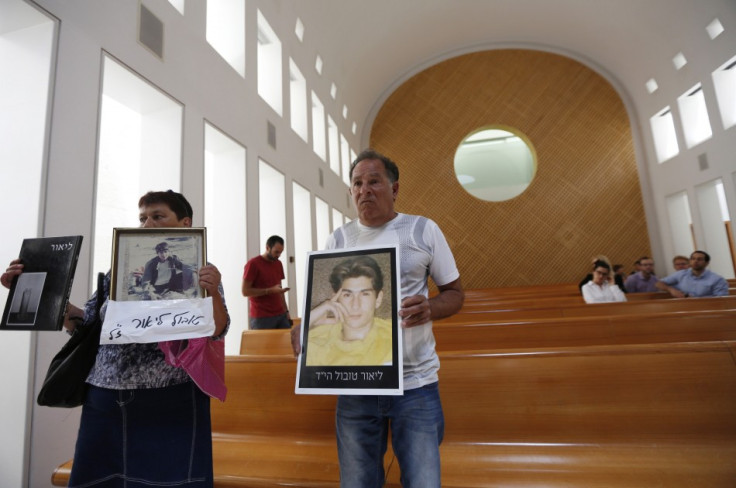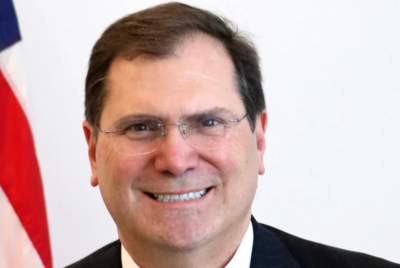Israel Names Palestinian Prisoners to be Released

Israel has announced the names of 26 Palestinian prisoners to be freed as part of a US-brokered deal for the resumption of peace talks in Jerusalem.
The prisoners will be released on Tuesday to allow time for a last-minute legal challenge by victims' families.
Most of the prisoners to be freed have been serving long sentences for terror offences. Fourteen will be returned to the Gaza Strip and 12 to the West Bank. Palestinian officials said that 20 of them belonged to the Fatah movement of president Mahmoud Abbas.
Others were from rival groups including Hamas and Islamic Jihad.
The release deal was thrashed out by senior Israeli ministers with the heads of the Israeli Prison Service and the Shin Bet security service.
In a statement, they said: "If one of those released returns to engage in hostile activity against Israel, he will be returned to complete his sentence."
The list of prisoners included one of the killers of Holocaust survivor Isaac Rotenberg and the man who killed Avraham Kinstler, 84.
Other prisoners approved for release are Husseini Sawalha and Mohamed Abdel Majid Sawalh, jailed for carrying out a knife-attack on a crowded bus in Ramat Gan in 1990, killing one man and wounding three other passengers.
A total of 104 Palestinians are due to be freed in four stages over the next few months.
A group of victims' relatives protested against the decision to free the Palestinian prisoners outside the Israeli Supreme Court in Jerusalem.
The move came after Israel's housing minister Uri Ariel authorised the construction of nearly 1,200 new settlement homes, which sparked a backlash among Palestinian officials who accused Israel of trying to sabotage the peace talks.
"No country in the world accepts dictats from other countries about where it is allowed to build and where not," Ariel said in a statement.
Senior Palestinian negotiator Muhammad Shtayyeh accused Israel of using the talks "as a smokescreen for more settlement construction".
But Palestinian leaders hinted that they would continue direct negotiations with their Israeli counterparts.
© Copyright IBTimes 2025. All rights reserved.






















